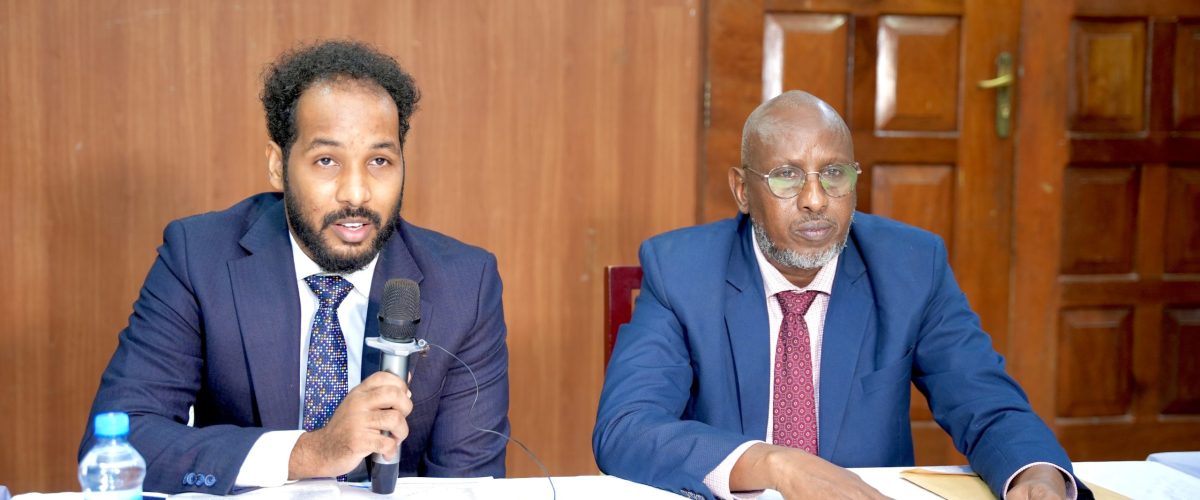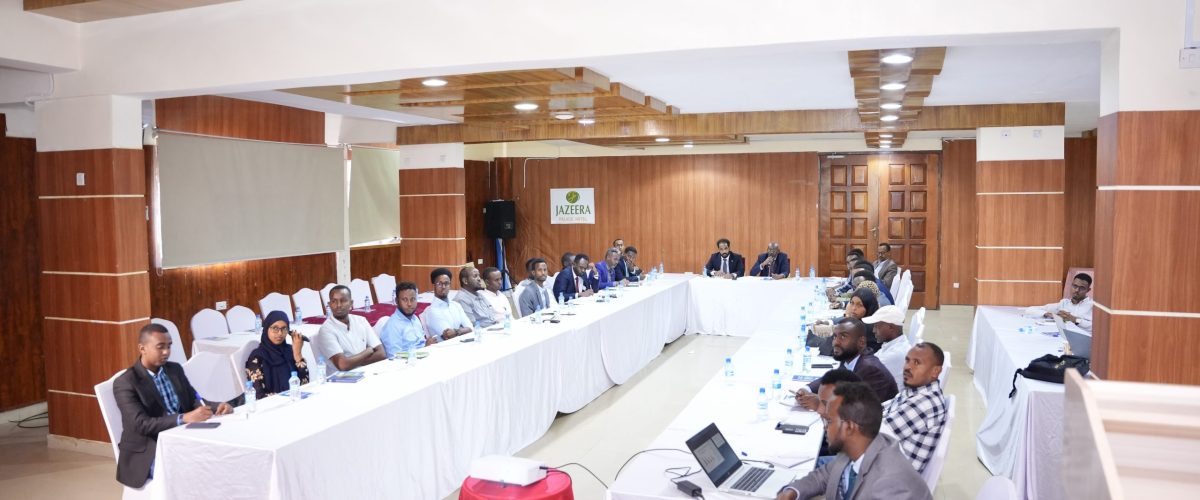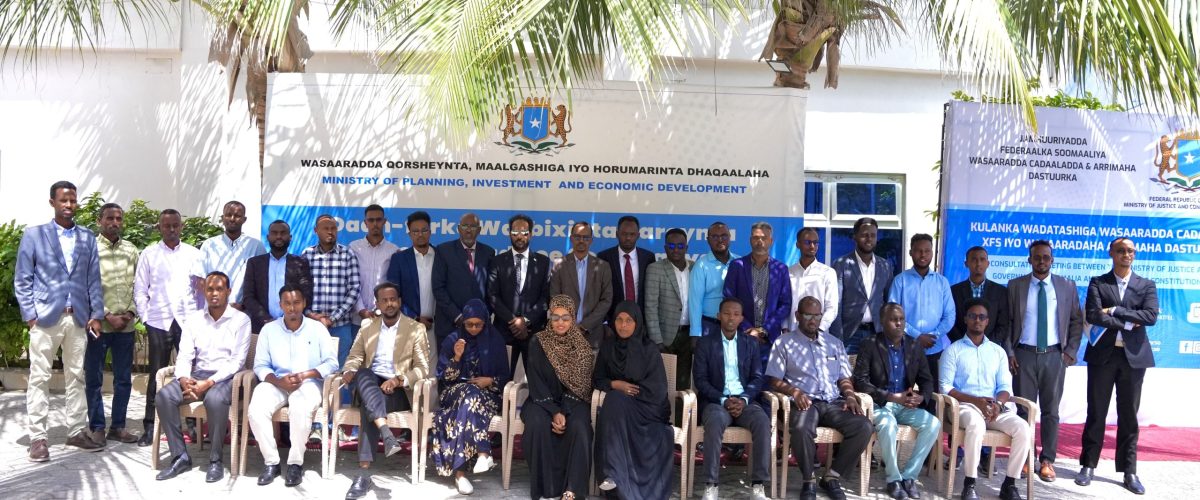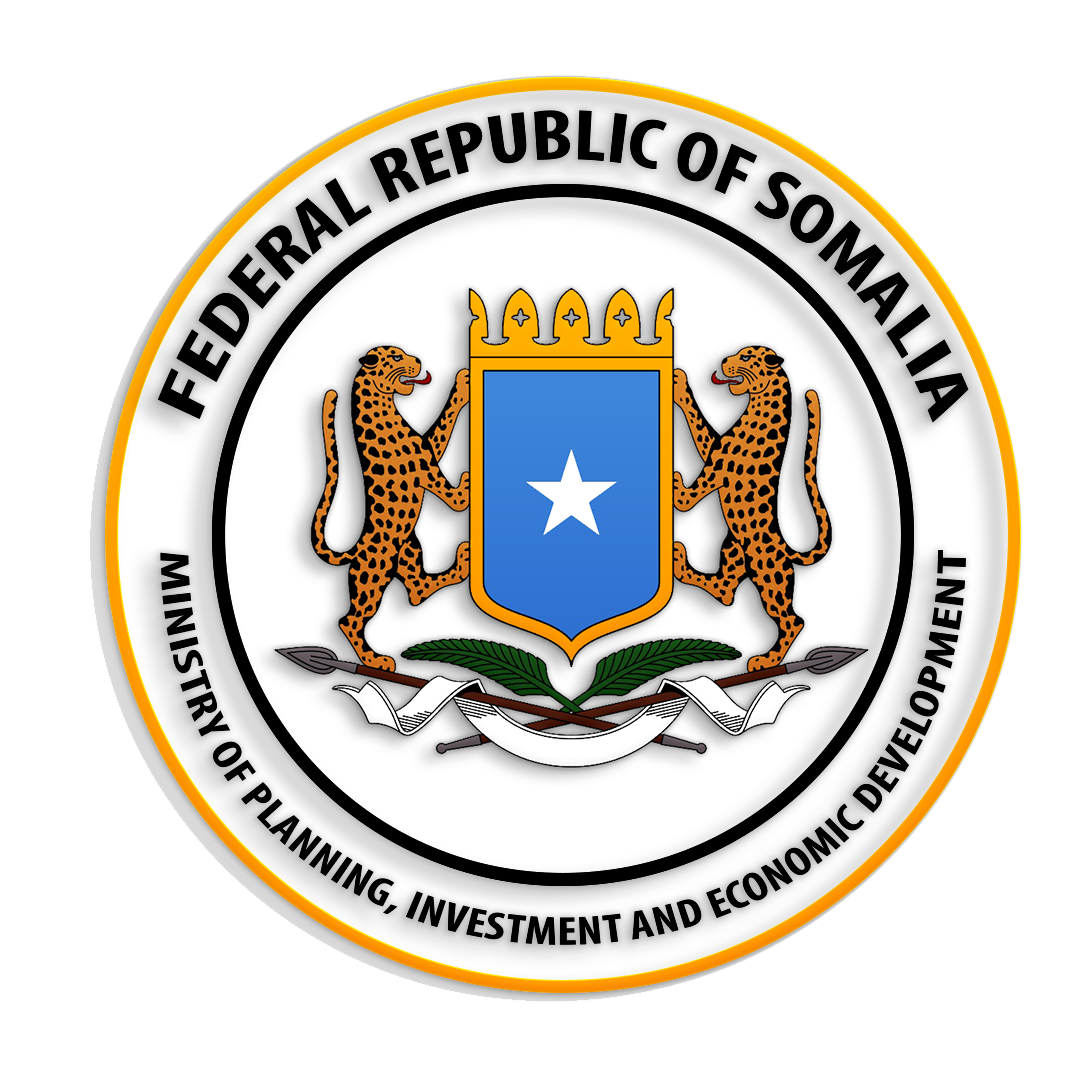



MOGADISHU, Somalia – The Ministry of Planning, Investment, and Economic Development on Monday launched a report evaluating the country’s poverty reduction strategies under the National Development Plan-9 (NDP-9) for 2020–2024. The event, held in Mogadishu, was opened by Deputy Minister of Planning, Investment, and Economic Development Mohamed Abdulkadir Ali.
The report, prepared by the Department of Economic Development of the Ministry of Planning, examines the effectiveness of the Interim Poverty Reduction Strategy Paper (IPRSP). It highlights the IPRSP’s role in addressing poverty in Somalia and places the country’s efforts in the context of broader challenges faced by developing nations, including climate change and economic pressures.
Key objectives include evaluating the success of NDP-9 strategies, analyzing regional disparities in poverty and access to services, and exploring the correlation between poverty, income per capita, and adult literacy. The report also assesses how security and stability impact poverty reduction and provides policy recommendations for sustainable development.
Abdinassir Omar Kaatib, director of the Department of Economic Development, presented the report and emphasized its importance for shaping future strategies. “This report underscores our commitment to addressing poverty through evidence-based and actionable solutions that tackle Somalia’s core economic challenges,” Kaatib said.
In his remarks, Minister Ali noted the report’s significance for Somalia’s development. “This analysis is a critical tool for planning the country’s future. It offers clear insights and recommendations to build resilience and foster inclusive economic growth,” he said.
The event brought together representatives from government institutions, and other stakeholders, who discussed the findings and next steps for poverty reduction efforts.
The ministry plans to release the full report publicly as part of its commitment to transparency and evidence-based planning.




